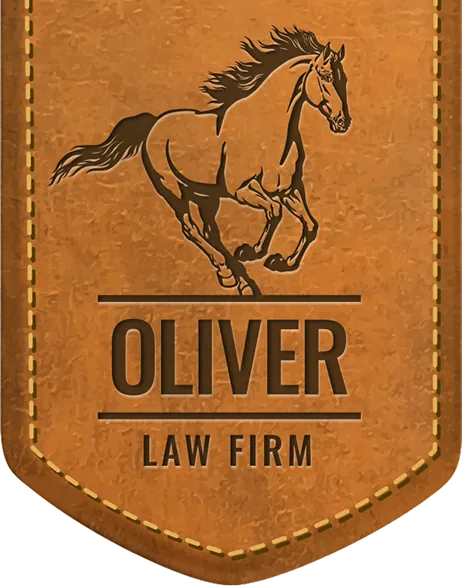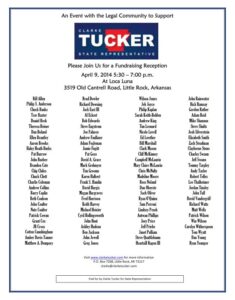A House Energy and Commerce Committee hearing was held Tuesday, April 1 to review what General Motors knew about the faulty ignition switches in vehicles it waited 10 years to recall.
The company’s CEO Mary Barra was grilled on numerous topics, from when the company knew of any issues and why they failed to act for so long to how she would handle employees who were involved in an alleged cover-up of information relating to the defects.
Barra referred to GM’s failure to fix the 2005 Chevrolet Cobalt’s faulty ignition switch as “unacceptable,” and “very disturbing.”
“If that’s the reason the decision was made, that is not acceptable. That is not the way we do business today,” she urged.
At a Senate hearing on April 2, Barra was pressed further by Sen. Claire McCaskill (D-Mo.) about one GM engineer in particular who McCaskill accused on lying under oath in 2013. The alleged perjury stems from inconsistencies in the engineer’s statements about whether he was aware of a design change in the ignition switch. Under oath he said he was never told about the change, but documents uncovered by a congressional subcommittee showed he had signed off on the change himself.
Barra conceded that the engineer lied but noted that just because a part does not meet company specifications does not mean it is defective. When asked how many parts currently being used in GM vehicles do not meet company specifications, Barra claimed she did not have an exact number.
General Motors was is not the only organization under scrutiny in this investigation. The National Highway Traffic Safety Administration (NHTSA) is being criticized for possibly missing several opportunities to initiate a recall on the defective GM vehicles. Administrator Dave Friedman claimed GM had critical information about the defect which would have made it easier for the NHTSA to identify.
“Had this information been available, it’s likely NHTSA would have changed its approach to the issue,” Friedman said. Instead, the NHTSA never fully investigated the consumer complaints they received about GM vehicles stalling.
Barra confirmed at Wednesday’s hearing that GM has retained an attorney to oversee victims’ compensation for injury and wrongful death claims that resulted because of the ignition switch defect. She also noted that an internal investigation would be launched to determine who was involved in any fraudulent activities.
Barra noted it will take 30 to 60 days before a plan of action is set for victims’ compensation, but emphasized that a “new standard will be set” in the management of the issue.
a Free Consultation



